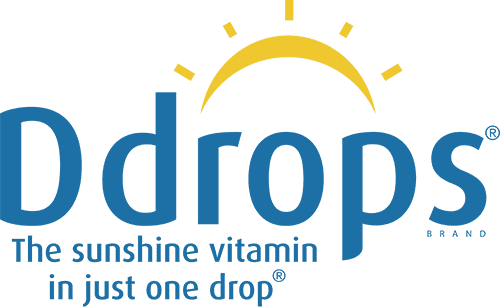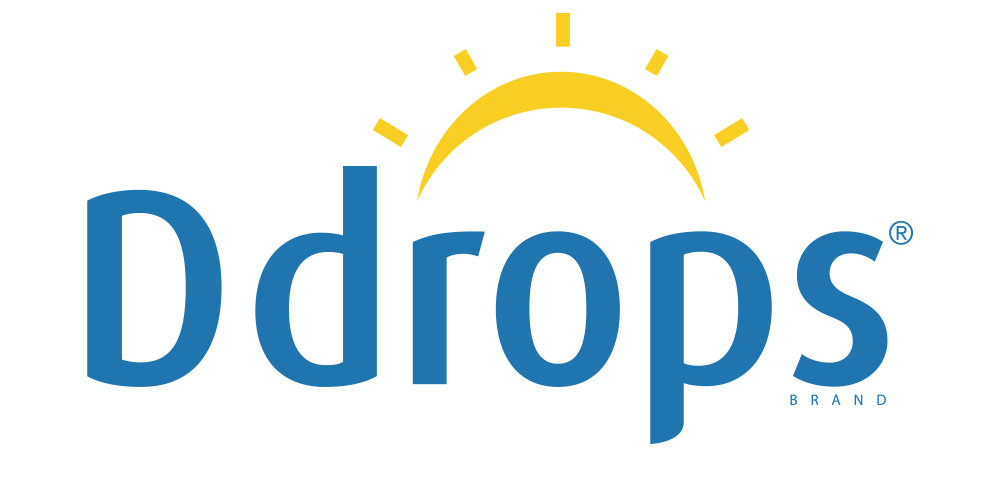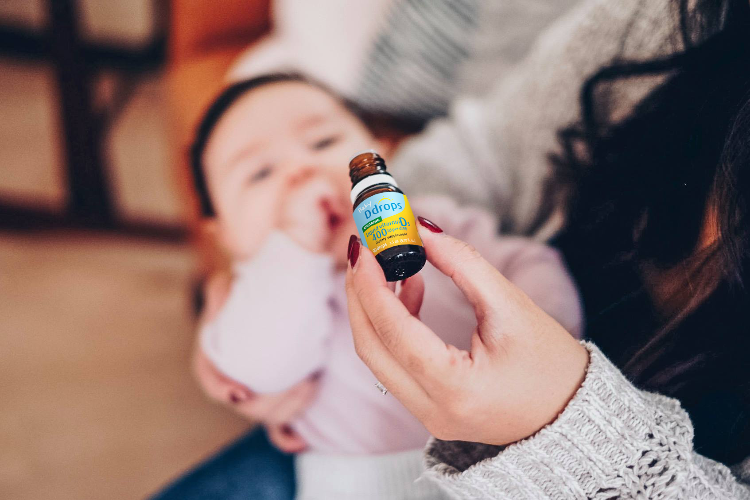Understanding Vitamin D
Unlike most vitamins, vitamin D behaves more like a hormone in the body. It's a fat-soluble vitamin, meaning it can be stored, and it's primarily synthesized when the skin is exposed to sunlight. Hence, it's often referred to as the "sunshine vitamin."
Why is Vitamin D Crucial for Babies?
Vitamin D plays a pivotal role in maintaining healthy teeth, bones, and muscles by collaborating with essential minerals like calcium and phosphate. This is particularly crucial during a baby's rapid growth phase in the first 6-9 months of life. Without sufficient vitamin D, infants may experience stunted growth, joint pains, and are vulnerable to conditions like rickets, which can progress to osteomalacia in adulthood. Moreover, research indicates that vitamin D is vital for the proper functioning of the immune system, especially in children.
Assessing the Risk of Vitamin D Deficiency
Newborns enter the world with vitamin D stores similar to those of their mothers. However, studies reveal that a significant portion of adults, approximately one in six in the UK, suffer from vitamin D deficiency. In regions like the UK, where sunlight exposure is limited, relying solely on sunlight for vitamin D synthesis becomes impractical. Therefore, adults, including pregnant women, are advised to take vitamin D supplements to compensate for the deficiency, especially during the months from September to March.
Determining Vitamin D Requirements for Babies
To ensure optimal vitamin D levels, the UK government recommends that infants from birth to one year of age receive a daily supplement containing 8.5 to 10 micrograms of vitamin D. This recommendation applies to exclusively breastfed babies and formula-fed infants consuming less than 500ml of formula per day, as formula milk is already fortified with vitamin D. Similarly, children aged one to four years should receive a daily supplement containing 10 micrograms of vitamin D throughout the year.
In Ireland, the Health Service Executive (HSE) recommends a daily vitamin D supplement of 5 micrograms for breastfed babies or those consuming less than 300ml of formula per day, up to the age of 12 months.
Ensuring Adequate Vitamin D Intake
Vitamin D drops for babies are readily available over-the-counter at pharmacies and supermarkets. Additionally, some families may be eligible for free vitamin supplements through programs like Healthy Start, particularly if they are under 18 or receiving benefits.
Addressing Vitamin D Needs for Breastfed Babies
While breast milk provides essential nutrients, including vitamin D, the levels in breast milk can be inconsistent. Therefore, it's recommended that all exclusively breastfed infants receive a daily vitamin D supplement to ensure adequate intake. Establishing a routine for administering vitamin D drops can help parents remember and stay consistent with supplementation.

Exploring Vitamin D-Rich Foods
While sunlight and supplements are primary sources of vitamin D, introducing foods rich in this nutrient during weaning can further support your baby's nutritional needs. Foods like canned salmon, sardines, eggs, and fortified cereals can be incorporated into your baby's diet to enhance their vitamin D intake.

Incorporating Vitamin D into Baby's Diet
During the weaning process, offering foods rich in vitamin D can be challenging due to infants' small portion sizes and limited dietary variety. However, creative approaches like omelette fingers for breakfast, mashed salmon or sardines with yogurt, or incorporating fortified spreads into sauces can help introduce vitamin D-rich foods into your baby's diet effectively.
Conclusion
Ensuring your baby receives an adequate supply of vitamin D is crucial for their overall health and development. By understanding the importance of this vital nutrient and incorporating supplements and vitamin D-rich foods into your baby's diet, you can provide them with the foundation they need for a healthy start in life.






Leave a comment
This site is protected by hCaptcha and the hCaptcha Privacy Policy and Terms of Service apply.